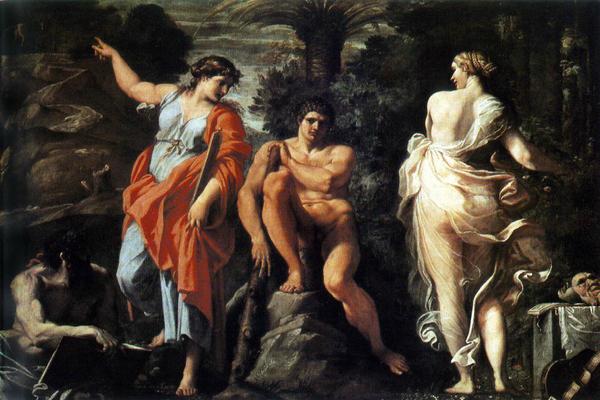Utilitarians think your moral success depends on the outward consequences of your actions. Kantians think it all depends on your inward intentions. Today we look at a different theory, one that assumes that the most important part of being moral is forming your own character. We’ll also consider why we should try to be good — should we be moral because we want to avoid the social problems that would come with people thinking we’re immoral? Or is there something intrinsically valuable about being a good person?
Read This:
Interactive Essay: Why Be Good? Book II of Plato’s Republic
Key Concepts:
- Instrumental goods vs. intrinsic goods
- The “Ring of Gyges” thought experiment
Pre-Class Questions
- In your own words, explain the difference between intrinsic goods and instrumental goods, and give an example of each (other than those found in our reading).
- Do you think most people would do bad things if they knew they could get away with it? Why or why not? (If you would like to practice your argument mapping skills, you can give your response in the form of an argument map.)
- Is there anything in today’s reading that you’re confused about? What questions do you have? What other, related topics would you like to discuss in class? Follow the links to respond on PollEverywhere, and/or upvote any classmates responses’ that you’d also like to see covered in class.
Content Reflection
Have you ever been in a situation where you had to choose between doing the morally right thing and acting in your own self-interest? Describe the situation, and explain what factors led you to make the choice you did. Do you think most other people would have made the same choice in that situation? Why or why not?























